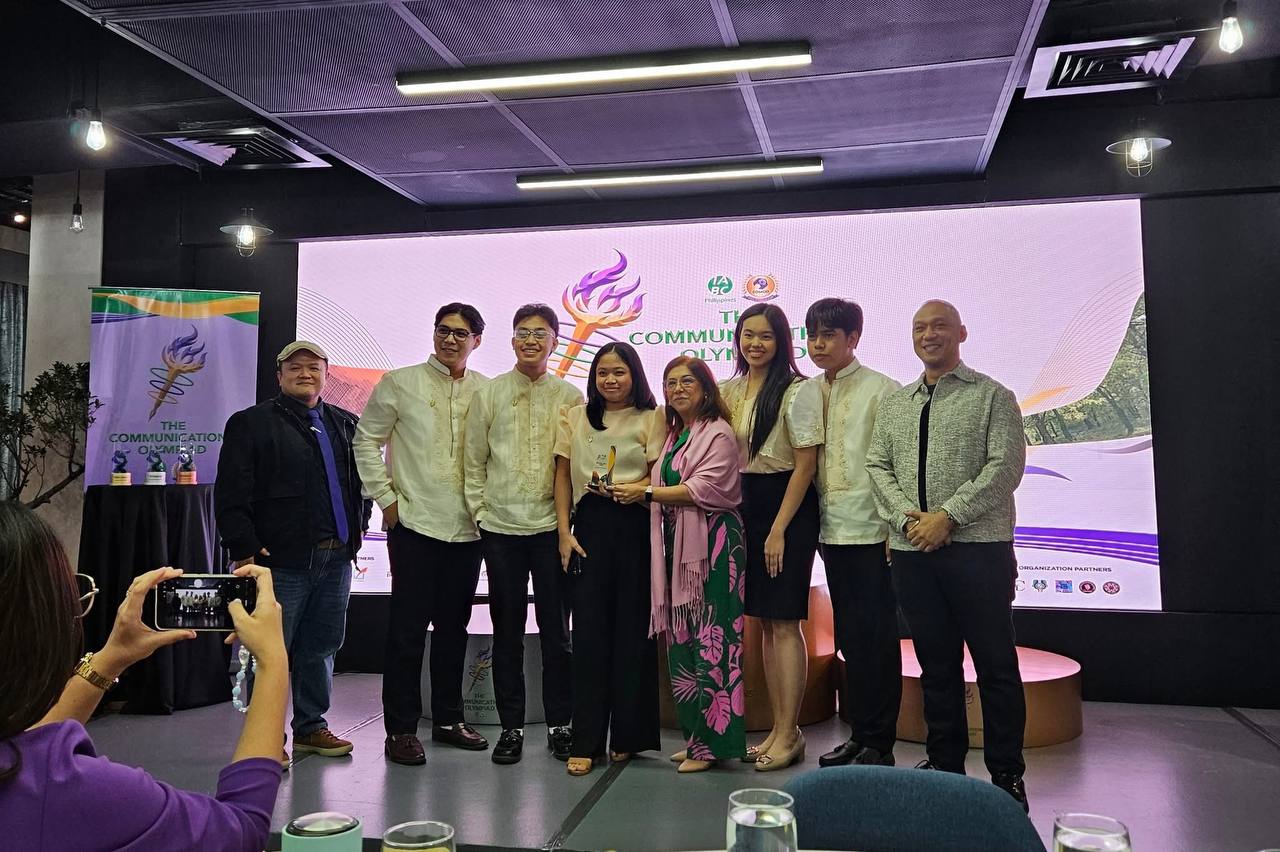
For years when somebody is asked to describe a “bully”, the picture of a kid who tends to be overbearing and aggressive person comes to mind. According to Pontzer (2010) as cited by Burk, Direnzo, and Fuller (2019), a bully has: 1) a desire to socially dominate others, 2) a positive attitude towards violence, 3) difficulty empathizing with others, 4) a tendency for hostility in new or unfamiliar situations, and 5) is impulsive.
However, things have changed in the last few years especially with cyber-bullying becoming more and more prevalent especially among digital natives or persons who grew up exposed to the Internet at an early age.
With a student population of mostly digital natives, it’s not surprising that intervention programs of Far Eastern University Guidance and Counseling office (FEU-G&C) is being geared to advocacy driven modules to prevent cyberbullying, promote character strengths and develop the holistic wellbeing of the Tamaraws. A bonus factor of the guidance program for special target groups is that after the modules they also become dynamic advocates that will serve their co-tamaraws and the community as well through empathy, compassion, and kindness.

The Guidance & Counseling (G & C) Office with its various advocacy driven programs is led by Dr. Sheila Marie “Shake” Hocson, who is one of the staunch anti-bullying and mental health advocate in the country.
“Many bullying incidents tend to be passive-aggressive in nature with a significant portion happening in Facebook and other social media platforms,” shared FEU-G&C Counselor Miguelito A. Relente.
In addition, the stereotype image of bullies is changing through time. “Some bullies can be sweet-looking. It can be basically anyone with the intention to harm,” shared Counselor Ms. Sophia A. Mendoza.
While bullying is arguably one of the major social issues especially among schools today, this has not stopped FEU from implementing programs to fight it. This includes the formation of the FEU Anti-Bullying Core Group (ABCG) and ratification of the FEU Anti-Bullying Program (ABP) three years ago.
“We are happy to say that FEU is one of the responsive, dynamic and accountable schools that have an official Anti-Bullying Program in the country that serves not only the tamaraw community but also extends their assistance to various schools, institutions, churches, and communities” said Dr. Shake Hocson.

Awareness and education are crucial for the ABP to succeed. The student group actively promotes its anti-bullying activities in social media and members undergo a modular training program that covers Awareness on Anti-Bullying Skills, Behavioral Adjustment Skills, Communication, and Sensitivity Skills, and the values to be an antibullying and mental health advocate.
“Knowing and understanding bullying will lead to prevention and victims will likely be empowered to speak about their cases. For an incident to be considered as bullying, it needs to have these three elements, imbalance in power, intention, and repetition of case,” said Ms Mendoza.

In addition, the G & C department is urging all members of the FEU community to become anti-bullying advocates through their modular programs, referral system, and being a great example offline and online. Students and faculty members can refer students with bullying concerns to G&C for assessment and counseling.
“Preventing and managing bullying is possible. Our goal is for students to know its important details, how to prevent it, and skills to manage their emotions when experiencing the stress of bullying. This also applies to the bullied person”, said Ms. Mendoza.




